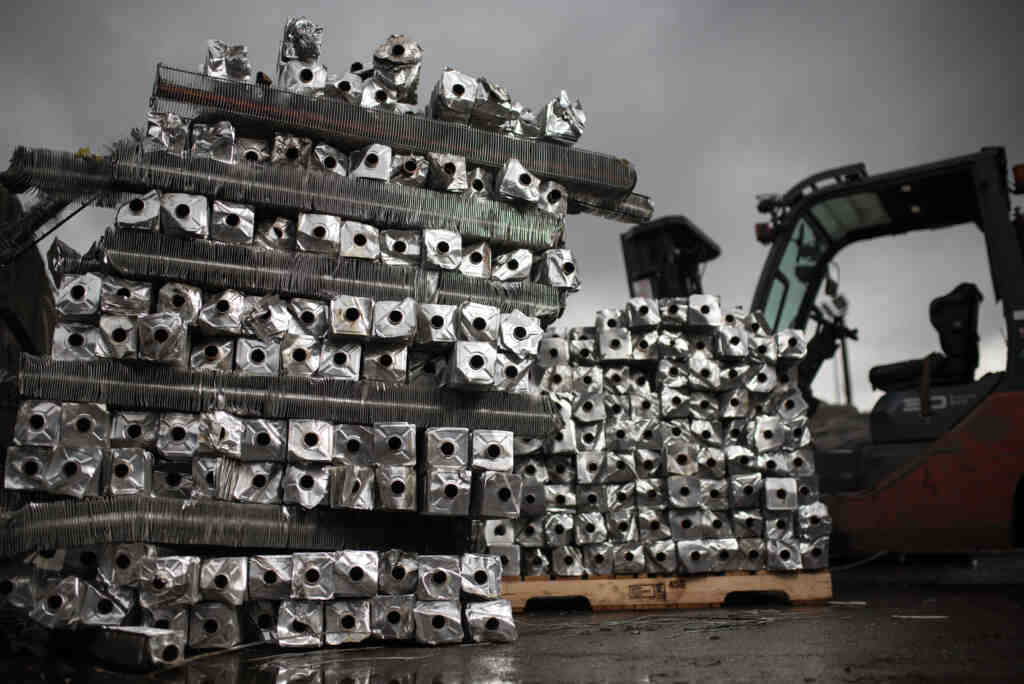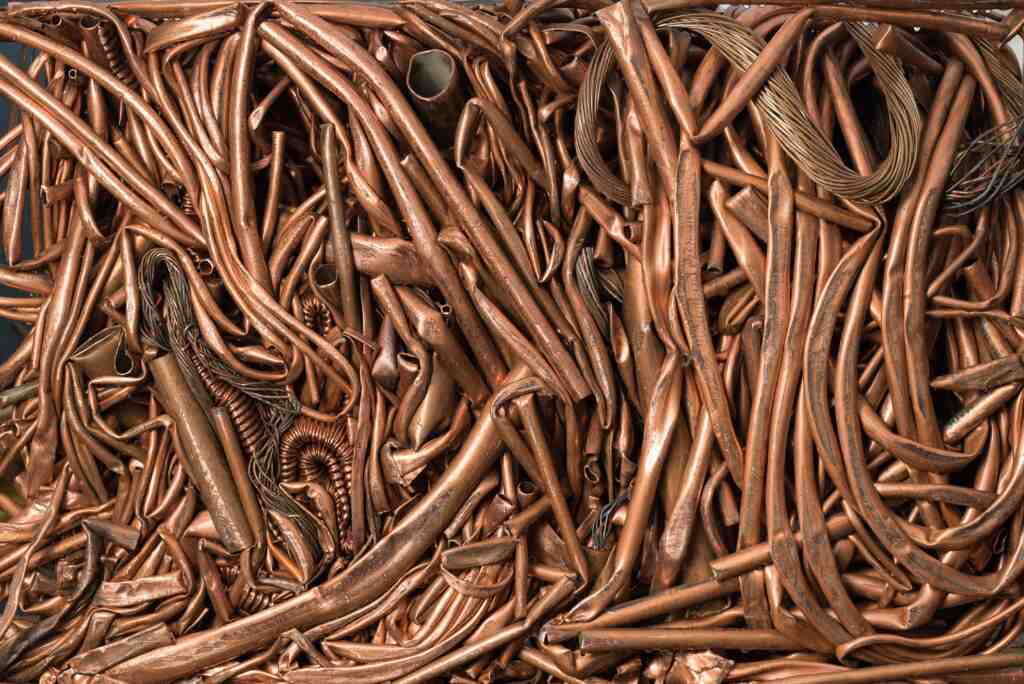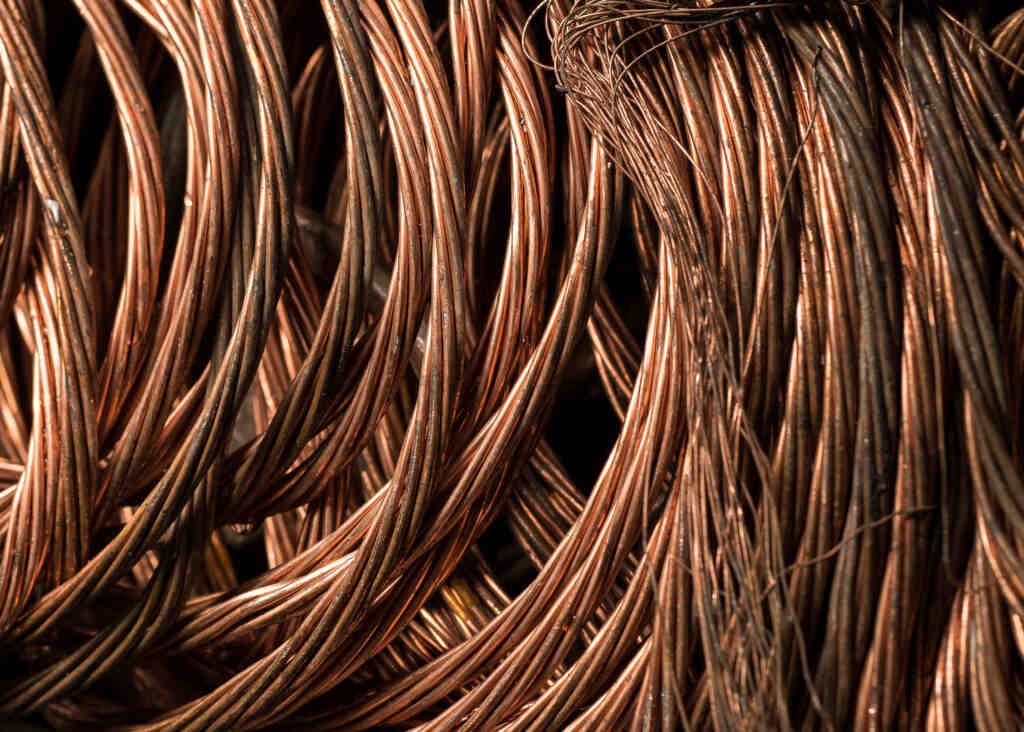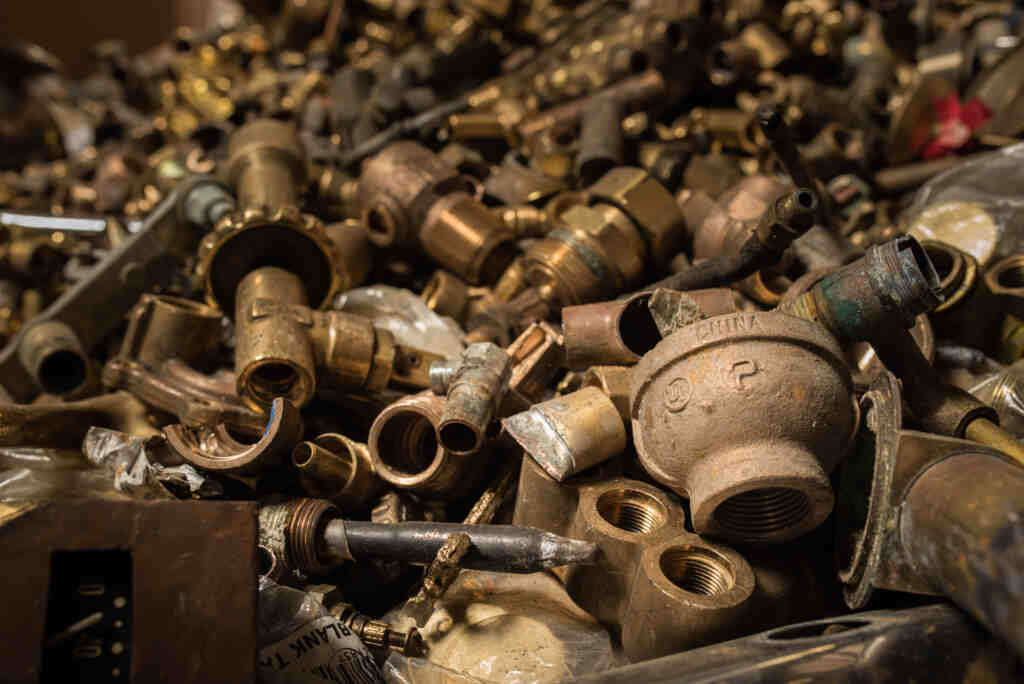The Valuable Metals & Materials That Can Be Recovered From Your Mine, Refinery or Power Plant
If you’re an archaeologist, you get to jump into tombs and find forgotten treasures. If you’re a geologist, you get to break open geodes and uncover hidden gems.
And if you’re Richmond Steel, you get to salvage buildings and recover valuable metals. (We don’t always feel like Indiana Jones, but scouring a site for every hidden scrap of usable metal does come with a certain satisfaction.)
For our clients, the most interesting part is not the scrap metal that is recovered, but the potential value that is recovered. Mines, mills, power plants, and other industrial sites are often filled with valuable materials that we will purchase for recycling after the recovery process.
Ferrous & Non-Ferrous: Valuable Info About Valuable Metals
All of the metal that we recover from a site can be categorized into two categories: ferrous or non-ferrous. The distinction between them is straightforward, but their uses are quite different.

Ferrous Metals
A ‘ferrous’ metal is one that has a significant amount of iron in its composition. It’s all about iron content. Unsurprisingly, ‘ferrous’ comes from the Latin word for iron.
Iron based alloys—such as cast iron and steel—all fall into this category of ferrous metals.
Steel is the most popular and most widely used ferrous metal in the construction industry. It’s strong and incredibly durable. Steel accounts for most of the volume we recover from sites. It’s commonly found in everything from structural beams and columns, to steel siding, ductwork, and many other places.
Since steel doesn’t lose its physical properties during the recycling process, it can continuously be recovered, recycled, and reused for the same applications.

Non-Ferrous Metals
Non-ferrous metals contain no iron. They are much lighter, more malleable, and more conductive than ferrous metals. Since non-ferrous metals contain no iron, they also naturally have a higher resistance to rust and corrosion.
Magnetism is another factor. While most ferrous metals will attract magnets, non-ferrous metals are non-magnetic—making them a key component in electronic applications and wiring.
Similar to steel, non-ferrous metals can continuously be recycled because they don’t degrade or lose their chemical properties during the recycling process.
There’s a variety of non-ferrous metals that can be recovered from a site:
- Copper (wiring, electrical boxes, electric motors…)
- Aluminum (cable trays, HVAC Systems, windows and door frames…)
- Stainless Steel (sinks, tanks, and abundant in pulp mills)
- Brass (gauges, fittings, connectors…)

Why Purchase and Recycle Ferrous and Non-Ferrous Metals
Recycling metals just makes sense. Both ferrous and non-ferrous metals are energy-intensive to mine, but relatively efficient to recycle.
Here’s a shocking example: the energy required to extract copper is about 100 GJ/tonne. But when it comes to recycling copper, it takes about 10% of that amount.
Ferrous metals tend to be cheaper and are typically purchased by the ton. These metals are more abundant on earth and large quantities are often salvaged from most sites.
Non-ferrous metals can be quite rare and purchased by the pound. While aluminum is one of the most recycled materials in the world, other non-ferrous materials are more scarce. The high demand for non-ferrous metals means a strong reliance on scrap metal recycling.
Similar to the stock market, the price for scrap metal adjusts daily with supply and demand. Pricing will mostly depend on when you sell, and how much you have to recycle.
Our On-Site Process for Identifying Valuable Materials
When we assess a site, our team takes time to locate and identify all potential sources of ferrous and non-ferrous metals. Whenever possible, we examine every corner. Our evaluation process allows us to categorize and prioritize the recovery of everything from structural beams to electrical systems, ensuring no valuable material is overlooked.
When it comes to heavy equipment, motors, and large pieces of machinery (gearboxes, conveyors, shaker tables, etc.) our estimators will identify whether it’s more profitable for you to sell equipment as assets or as scrap. Everything from refurbishing cost, to the marketing expenses, is included in your pro forma site assessment to give you the most informed options.

Richmond Steel’s Demolition Services
We’ve been demolishing and recycling for over 50 years. Indiana Jones might not be available, but if you’re wondering what treasures are hidden on your site, Richmond Steel is here to help you recover them. Contact us to talk about your project.
Our Demolition Services team acts as a ‘traveling scrap yard’, meticulously tearing down unwanted industrial site structures and recovering all valuable materials, ensuring you receive top dollar from retiring your legacy equipment.
